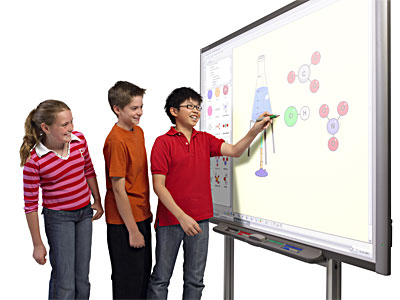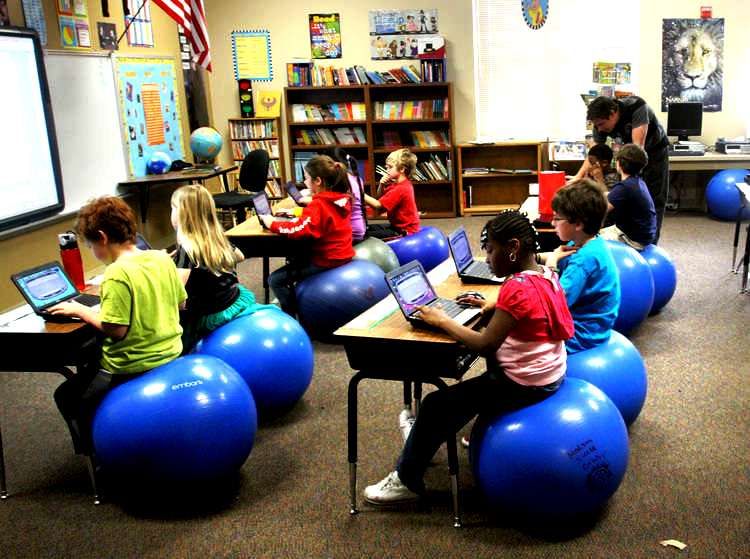Digital citizenship is being able to use
technology appropriately, safely, and effectively. For my level this means teaching how to use the tools they have, how to be safe with the tools they have, and how to find new tools themselves. It is important to promote digital citizenship
with my students because it is a skill that they will need for the rest of
their life, both in and out of school. Perhaps the important part of digital citizenship today is the wide spread access of information for research. Student will have to be taught the correct online research skills in order the use the Internet to it's fullest potential. At the high school level there are many potential issues that can come with being a digital citizen. Perhaps the most dangerous and most common in cyber bullying. Reports have shown that 4 in 10 young online users here experienced or seen some form of cyber bullying take place (Steinberg). As educators, we must stress how to avoid this and what to do if it happens. For teachers there are many online resources to help them educate their students about digital citizenship. Digital Citizenship Resources is just one of many such sources. It give teachers a great amount of information that could prove extremely useful in educating their students.
Resources
Resources






